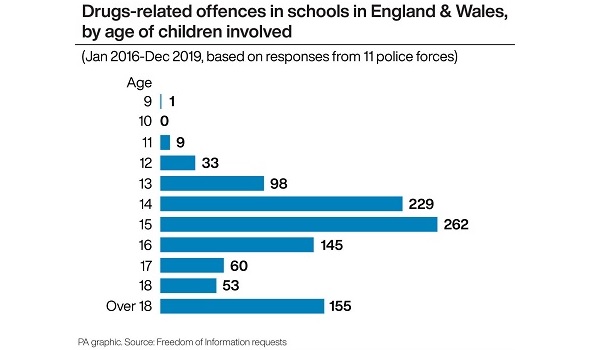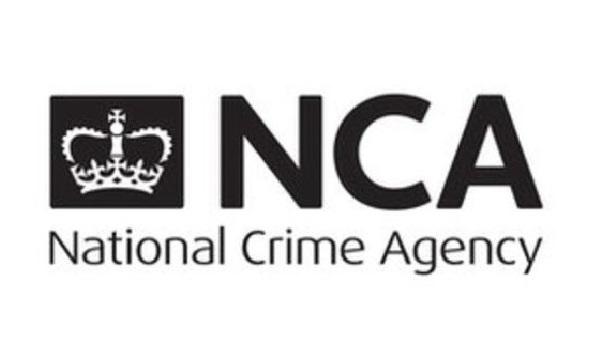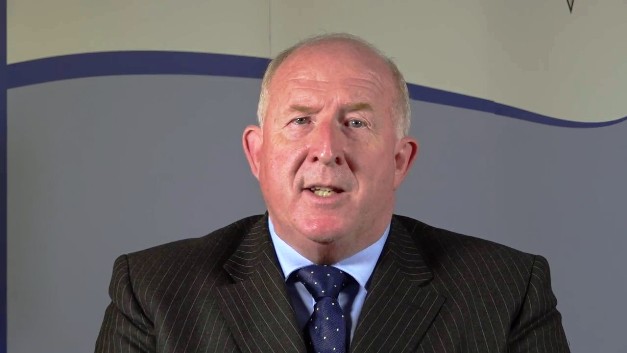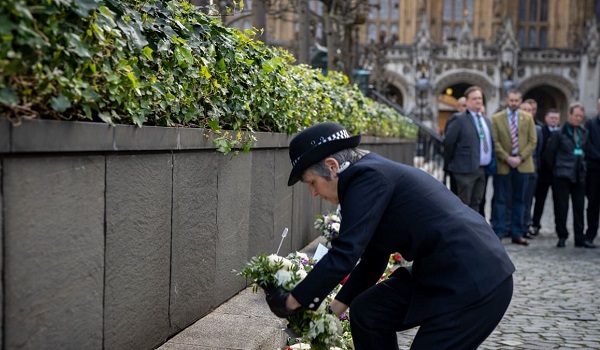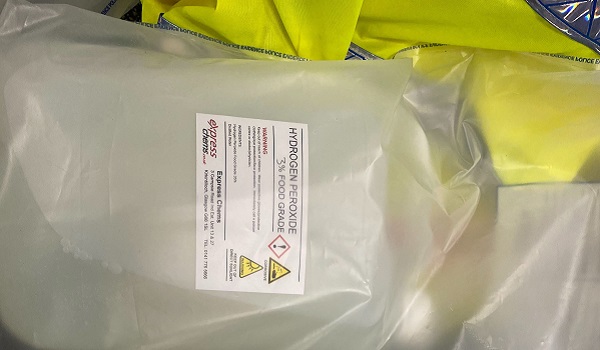‘Worrying’ rise in number of children using drugs
A senior police leader has warned that the number of children using drugs is on the rise as new data shows a 25 per cent increase in cases involving drugs on school grounds over the past four years.
Deputy Chief Constable Jo Shiner, the National Police Chiefs’ Council lead for children and young people, spoke out as data released to the PA news agency under a Freedom of Information (FoI) request showed that more than 2,600 incidents involving drugs on school grounds were reported to police in England and Wales between 2016 and 2019.
The overwhelming majority of cases involved cannabis, the most widely used illegal drug in the country, but cocaine, heroin and MDMA were also recovered. Some of the incidents involved children as young as nine.
Ms Shiner said: “There is evidence showing that more children and young people are believed to be using drugs. It is essential for schools and colleges to work in partnership with local officers alongside youth and family support services for support and advice and where required, operational intervention, if a pupil or student is found to have brought drugs into school or college.
“The guidance includes detailed advice for staff on what they should do if drugs are found at school or college premises and if a student is found in possession of drugs.
“School and college staff are best placed to decide on the most appropriate response to tackling drugs within their schools and colleges and can have a key role in identifying students at risk of drug misuse.”
The majority of cases involved possession of drugs on school premises, but there were other cases of supply – a more serious offence – as well as drugs trafficking, a key indicator of ‘County Lines activity.
Headteachers said it was “rare” for drugs to be brought on to school premises, but added that schools were concerned about young people being coerced into dealing by gangs.
Geoff Barton, general secretary of the Association of School and College Leaders, said: “Most young people do not take drugs, and it is rare for them to be brought on to school premises.
“However, like much else, trends reflect what is happening more widely, and schools are particularly concerned about the sinister spread of the drugs trade by so-called County Lines gangs, in which vulnerable young people are coerced into dealing.
“Schools are assiduous in educating pupils about the risks of taking drugs, and the dangers of involvement in the drugs trade, but this is part of a wider and complex problem, which requires a fully coordinated and resourced response from national government working with multiple agencies.”
In total, 2,643 incidents involving drugs in school were reported to police in England and Wales between January 2016 and December 2019, according to relevant data from 23 forces that responded to the FoI request.
There were 589 incidents reported to police in 2016, rising to 666 the following year. Another 637 incidents were reported in 2018, rising to 751 last year – an increase of 27.5 per cent on 2016. This means that in 2019 alone, there were around four incidents for each day of the typical English school year.
The true picture is likely to be far higher, however, as some of the country’s biggest police forces did not provide information.
Anne Longfield, the Children’s Commissioner for England, said: “We know that while this doesn’t paint a picture of a constant stream of drug deals taking place in the classroom, the numbers are still worrying and prove how naive it would be to think drugs, associated with so many adult problems, aren’t present in some of our schools and among some school age children.
“Sadly too often we prefer to imagine they aren’t.”
The data showed cannabis was involved in 1,899 incidents, while MDMA (64 incidents) and cocaine (58) were among the more popular drugs seized on school premises. Heroin was found in nine cases, with prescription drugs such as Diazepam, Ritalin and Tramadol also discovered.
Possession offences accounted for 1,779 incidents, with 108 supply-related offences and 62 listed as “other”, including drug trafficking.
According to the forces with relevant data, 15-year-old children were most commonly involved in drugs-related offences on school premises (262 incidents), slightly above 14-year-olds (229 incidents).
But Gwent Police also had details of a nine-year-old being caught with cannabis in a primary school in 2017.
PA asked every police force in England and Wales to provide the number of reports of illegal substances being seized or confiscated from school premises in their area, and to give details where possible.
Of those that responded to the FoI request, 21 gave details of the types of drugs involved, 12 gave details of the type of offence investigated, and 11 gave specific ages of the individuals involved.
At least 200 incidents involved people aged 18 and older, rather than children, and in some responses, forces gave details for all educational establishments rather than just schools.


